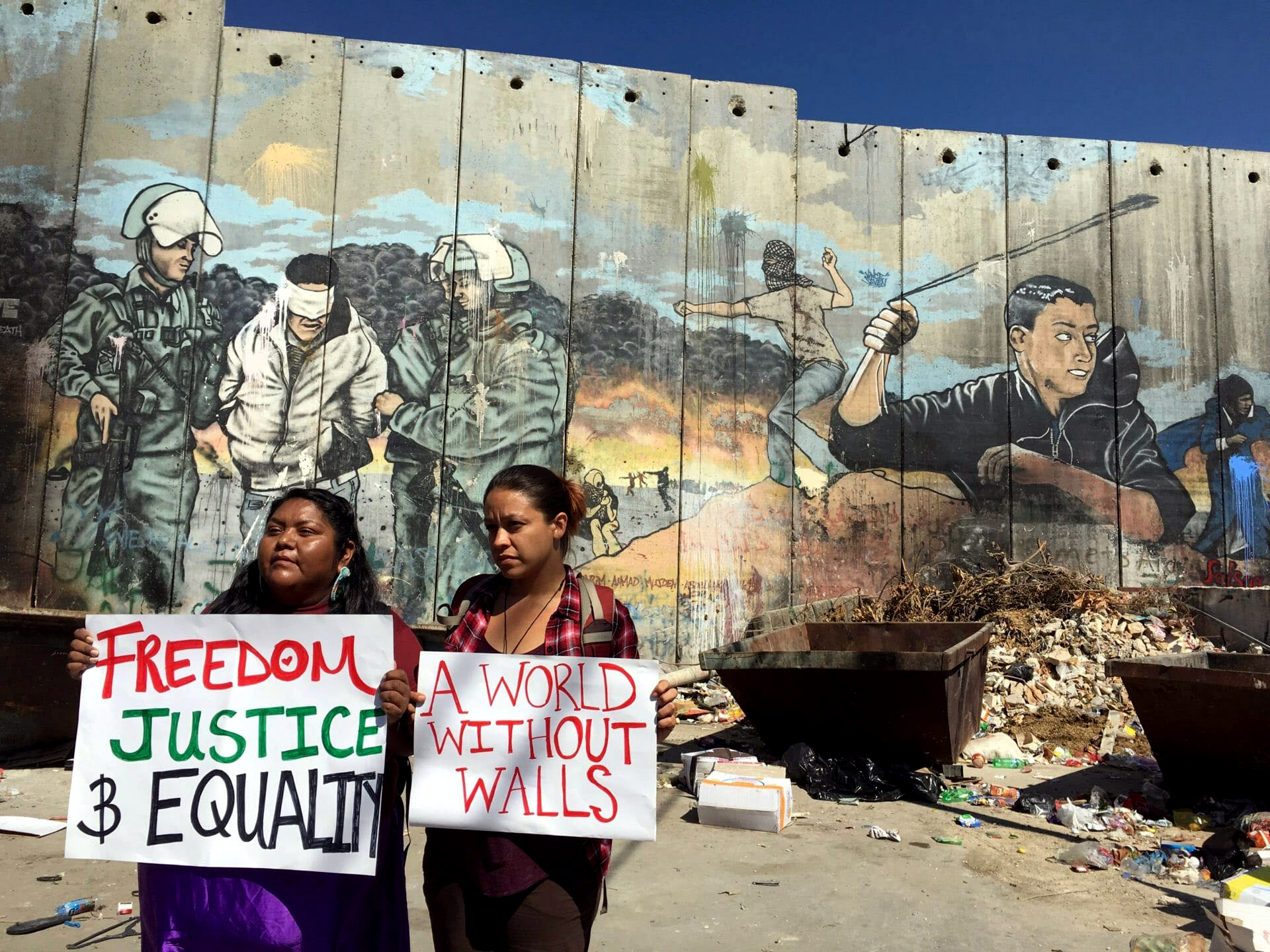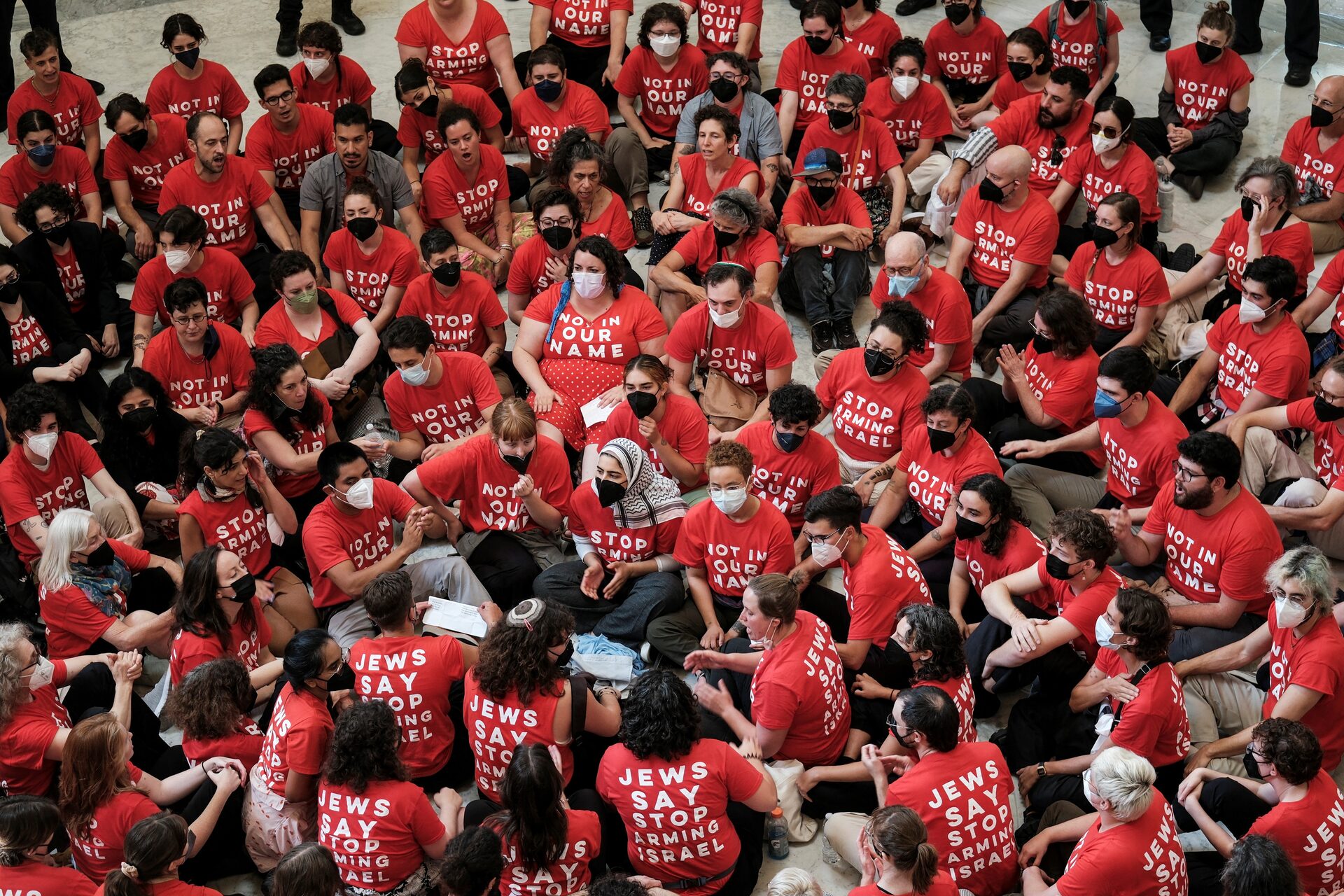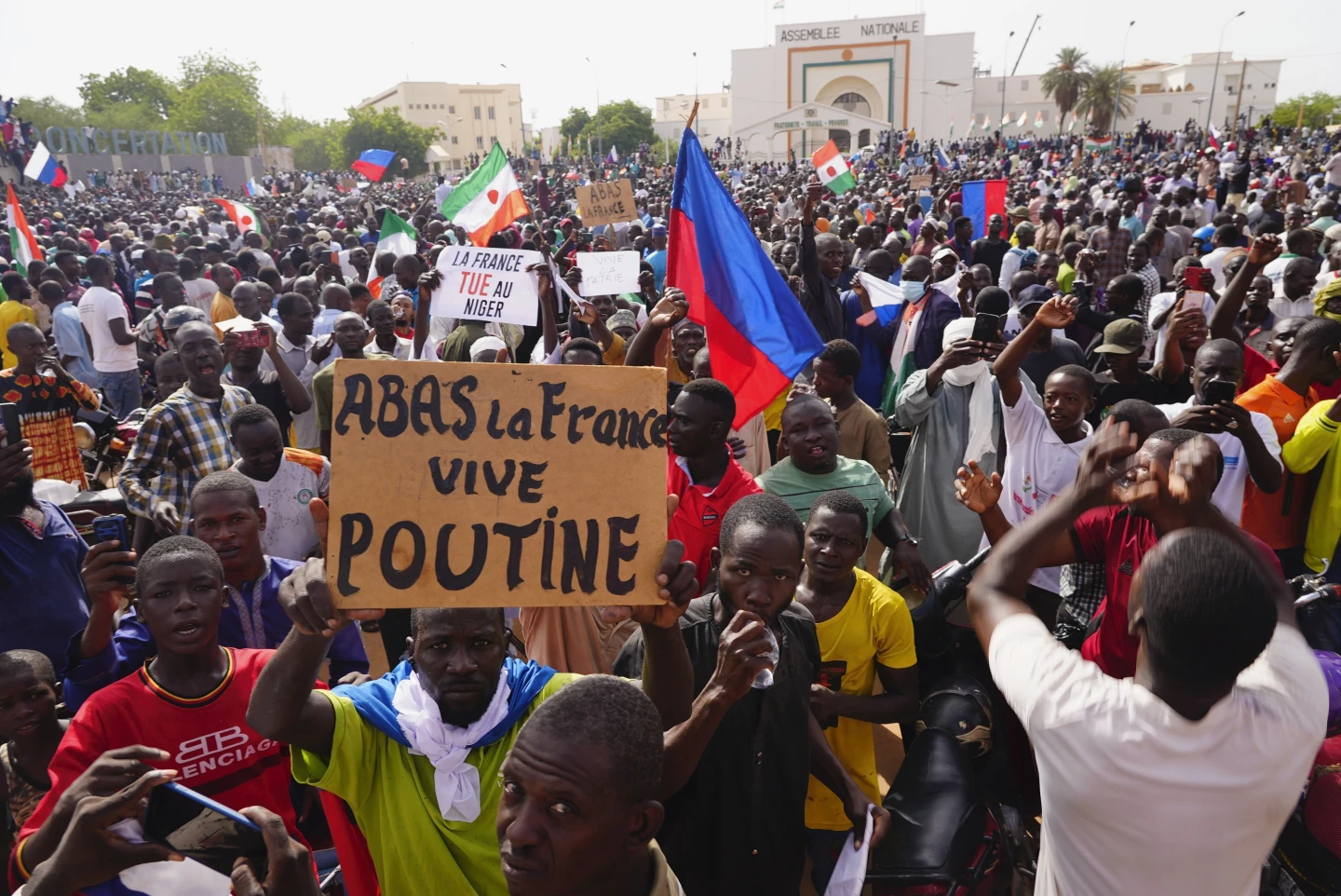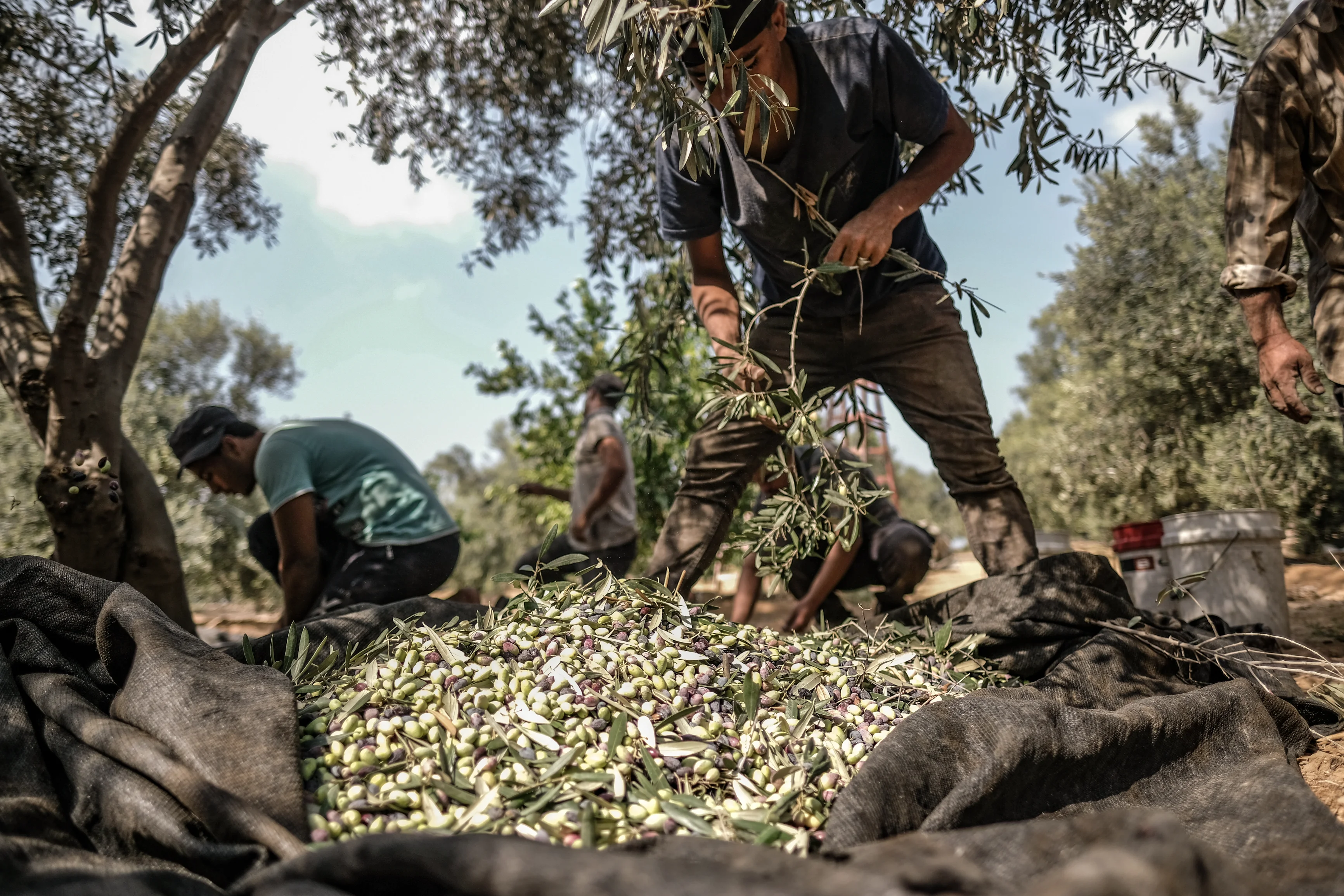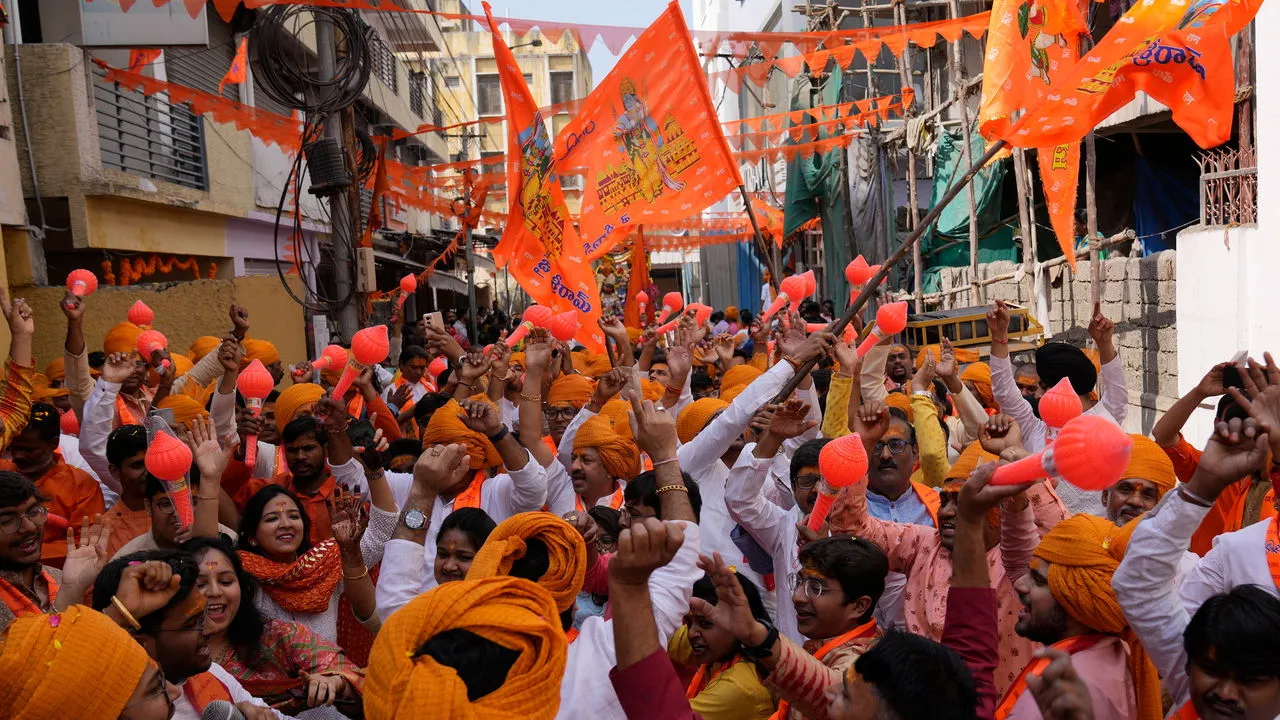I am a Palestinian Student at Harvard. I Find Strength in Solidarity.
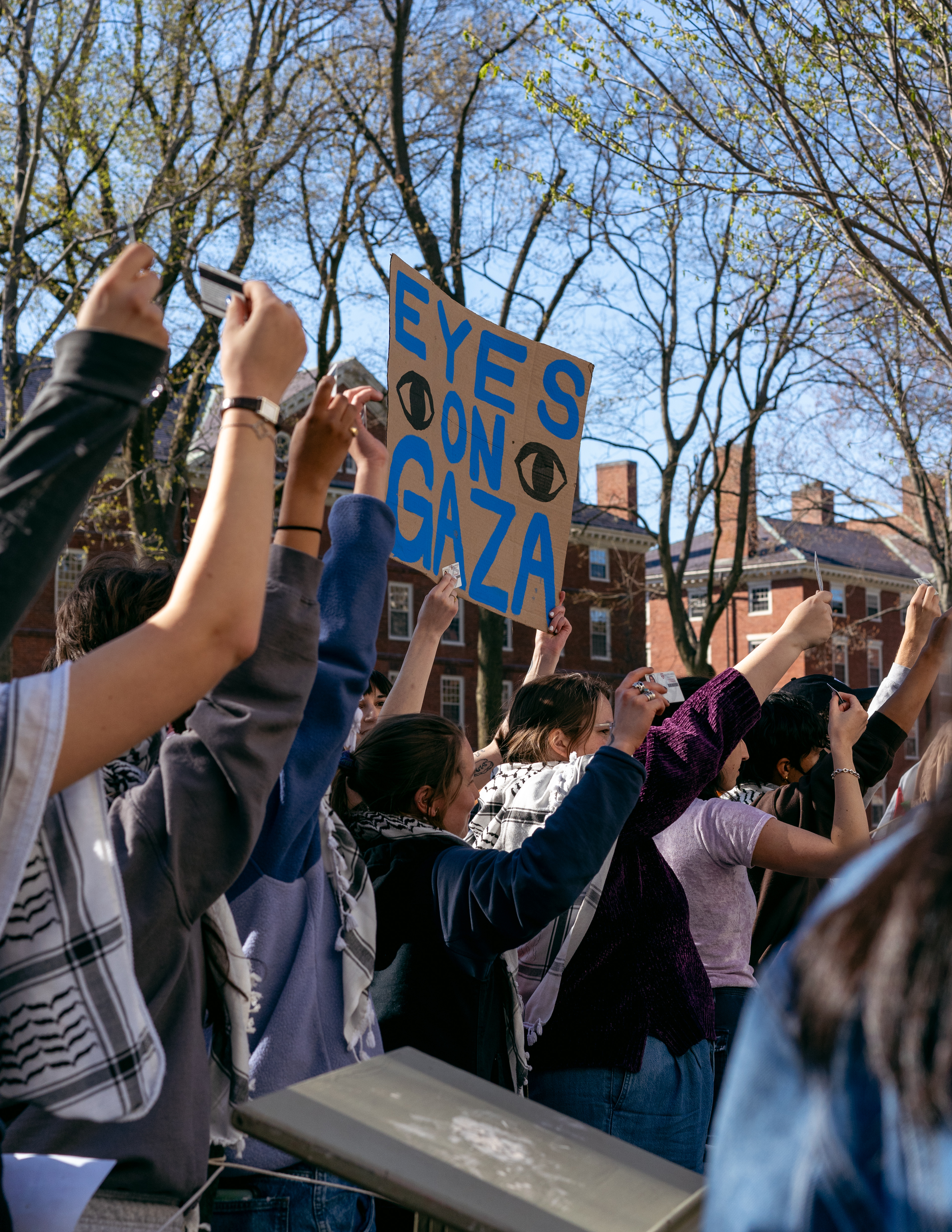
The hardest part of starting college in the U.S. as a Palestinian coming from the Arab world was the culture shock. It didn’t matter that I was born here in Cambridge, or that I had attended international boarding school in Europe for two years prior to Harvard; life in the U.S. is fundamentally different from anything I’d experienced before. Adapting to culture shock is all the more difficult when here, the condemnation of Israel’s ongoing genocide in Gaza — something I had taken for granted back home — is labeled as “controversial.”
I experienced anti-Arab, anti-Palestinian, and Islamophobic rhetoric firsthand countless times at boarding school, such as the time I was told by an Israeli classmate that the world would be better if “you guys” gave up the fight for independence and self-determination. But even at my boarding school, hatred directed at me or my community was mitigated by the knowledge that any bigoted speech would prompt the community to jump to the defense of the person being wronged.
And so, in October 2024 — after one year of Israel’s accelerated genocide — I was stunned when a group of Zionist students, faculty, and staff harassed me and my peers, who were managing an art installation set up by the Harvard Undergraduate Palestine Solidarity Committee to mourn the tens of thousands of Palestinians who Israel had killed in the last year.
Until last fall’s installation, I was somewhat active in the PSC, but hadn’t engaged much with other members. Naturally, I was stunned — for the second time in one day — when a PSC organizer whom I had never spoken to before immediately jumped to my defense.
Sure, it was the bare minimum — hateful language should be condemned, regardless of its target. But the lack of hesitation on the organizer’s part to protect an unknown first-year stuck with me. From that moment on, I came to realize that the PSC creates solidarity in difficult times, even when my other peers refuse to understand my community’s struggle. When I was at a low point, surrounded by strangers spitting bigotry at me, I found care, kindness, and warmth in the PSC.
You don’t have to be an activist or organizer to join the PSC, nor do you have to be outspoken about your political opinions. The most crucial function of the PSC is to create a community for those who are committed to Palestine. It is this very community which has empowered me to be proud of my Arab and Palestinian identities, led me to friends who would do anything for me, and granted me the space and platform to fight for my people in ways that prioritize my safety and wellbeing.
Join the PSC, and let us empower you to be proud of who you are and what you believe in. Maybe you’ll make some friends along the way too.
